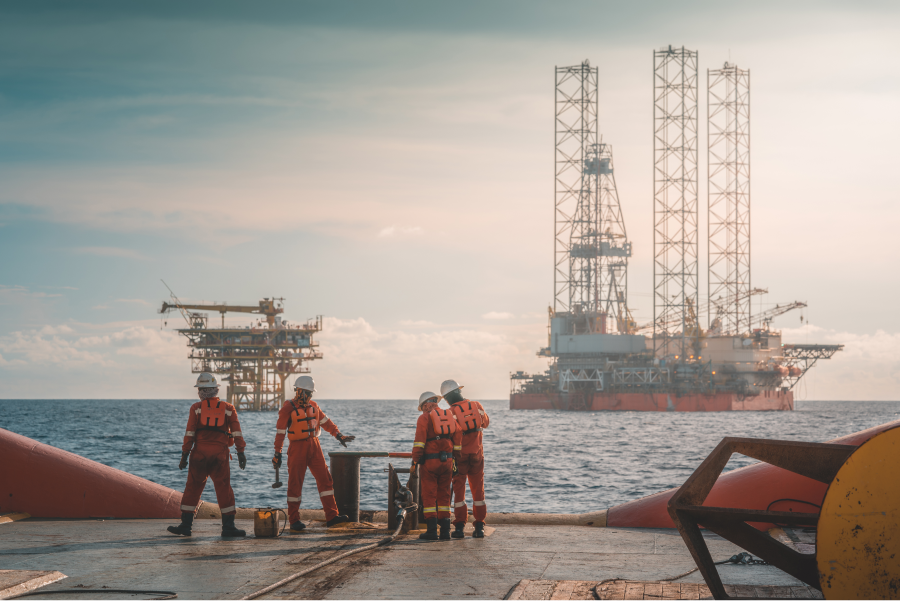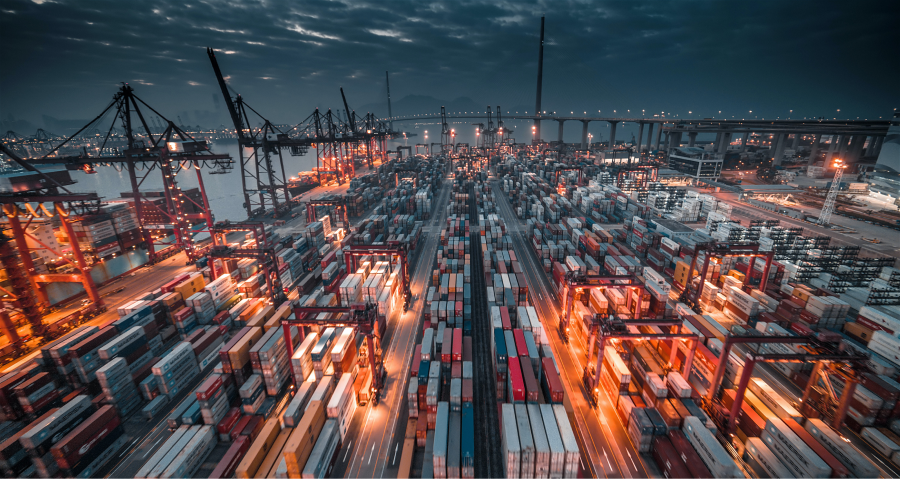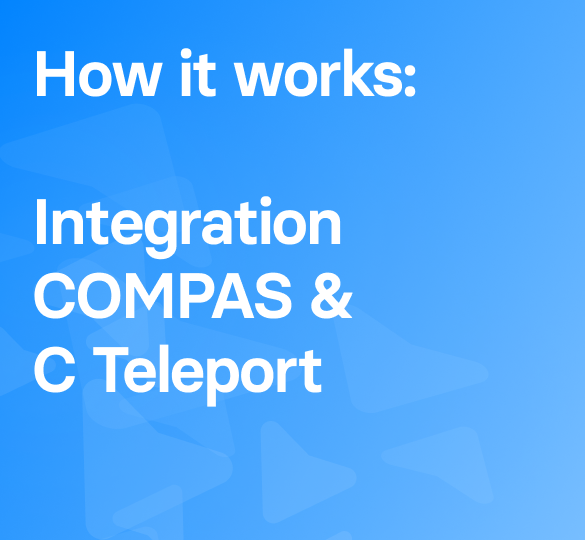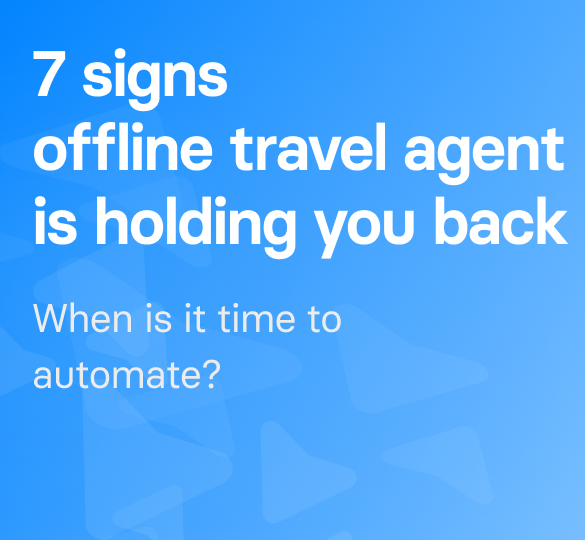In the ever-evolving world of airline travel, we are endlessly introduced to new terms for systems and standards which aim to make travel planning more efficient and cost effective, like NDC. This airline standard introduced in 2012 is transforming how travel agents and customers worldwide view flight shopping. But let’s start from the basics
NDC in travel: Everything you should know
- Who can use seaman flights?
- The difference between seaman fares and regular fares
- Flexibility
- Additional Luggage
- Lower ticket price
- No minimum or maximum stay
- Where can you book seaman flights?
- How does booking seaman fares help?
- Why are seaman flights important?
Who can use seaman flights?
These seaman flight tickets vary from normal ones in a lot of ways. Before
we explain how they differ, let’s cover who qualifies for a marine fare.
- A seafarer holding a seaman’s book traveling to/from a vessel on duty
- An engineer or contractor who is traveling to/from working on a vessel or offshore platform
- The spouse of someone working on a vessel. They have to be added to the ship’s manifest.
- Other personnel traveling to or from a vessel. They’re not necessarily seamen, but they’re are included on the ship’s manifest
If you do qualify for a marine fare, you will
need one of these documents to provide proof to the airline:

- A seafarer holding a seaman’s book traveling to/from a vessel on duty
- An engineer or contractor who is traveling to/from working on a vessel or offshore platform
- Travel agents can sell the same content that airlines offer on their websites.
- Other personnel traveling to or from a vessel. They’re not necessarily seamen, but they’re are included on the ship’s manifest
The difference between
seaman fares and regular fares
Flexibility with changes and cancellations
It’s a huge benefit to have flexibility when it comes to rebooking a flight. And with the vessel schedule being exposed to unpredictable changes, it certainly helps to stay on top of things.
Crew changes often get delayed due to a vessel not arriving on time to the port or any other external issues. Like during COVID-19times when travel restrictions change every day.
Fortunately, airlines are aware of such issues and offer complete flexibility to marine fares, meaning that there are no cancellation fees in most cases.
Additional luggage
There’s a lot of unknowns when relying on weather conditions. Being part of a ship crew, a seaman needs to be prepared for everything, plus their contracts can last up to 6 months. Therefore, they often carry much more luggage than regular passengers.
Besides, in many cases, engineers, maintenance staff, contractors, or any other attendants traveling to or from the vessel, carry additional equipment.
Different airlines offer different luggage capacities. But in most cases, marine tickets include
twice the luggage capacity of regular tickets.
Lower ticket price
Airline companies usually have a contract in place with companies that require transportation of larger crews.
So it’s a win-win situation for both sides of the contract. Seafarers get a discounted ticket, while the airlines get to cover their expenses by filling out another seat on the plane.
Just keep in mind, marine fares are not available with all airlines.
No minimum or maximum stay
Due to the nature of the crew travel and changes in the sign-on and sign-off dates, marine tickets don’t depend on minimum or maximum stay.
Most of the time, crew managers book only one-way tickets. Usually, they don’t know when the off-signers will get another contract, and the return date for the on-signers is far away.

Where can you book
marine flights?
Many airlines use the term marine flight tickets. Don’t get confused as they are the same thing as seaman flight tickets. But in case you couldn’t find them in the first place, be on the lookout for marine tickets as well.
Most marine flights are booked through authorised travel agencies that work in a traditional way. The customer calls or sends an email, and then the travel agent book the ticket for them and send the information back. When the customer needs a cancellation or a change, it’s the same, there’s a back and forth communication.
You cannot book marine flights through standard booking flight sites like Skyscanner or Kayak.
As the technology in the industry progressed, some travel agencies have digitised the process a bit more. But currently, there’s almost no agency that allows crew managers to book a ticket online like a tourist would do, except for C Teleport.
C Teleport introduced an intuitive way to book marine flights. Not only does it make it faster, but it’s also way easier. Instead of going back and forth with your travel agent, you can effortlessly search, book, change or cancel seaman fares directly in the app.
How does booking seaman
fares help?
One of the main reasons for booking marine flights is saving costs. In the long run, finding the cheapest ways to get the crew on board will end up saving shipowners tens of thousands of dollars.
But sometimes, paying more is necessary.
For example, crew managers filter marine flights based on visa needs, luggage, arrival/departure times. So having the option to adjust accordingly is critical for efficiently and effectively managing resources.
Engineers or maintenance staff frequently require additional transport for equipment. In these cases,
air freight logistics are planned out specifically in advance. This makes sure any needed equipment reaches the destination without having to go through too much trouble.
Why are seaman flights
important?
Around 80% of global trade by volume and over 70% of global trade by value are carried out at sea. According to the Maritime Industry Foundation’s Maritime Knowledge Center, around 1.2 million people are employed in the maritime industry.

With seaman flights being booked daily, both maritime and airline industries are dependant
on one another.
Besides, many businesses and their success indirectly rely on these seafarers getting to their work on place and time.


